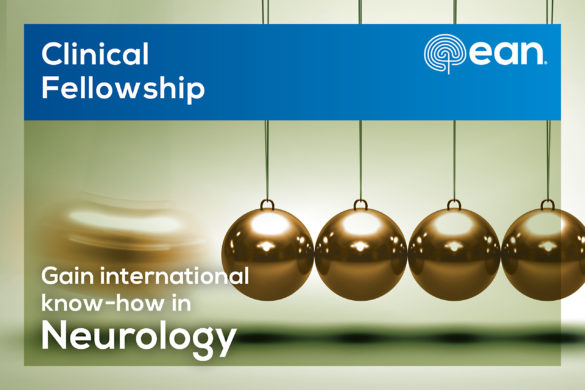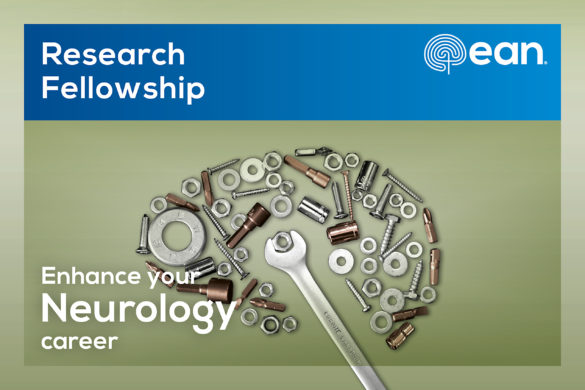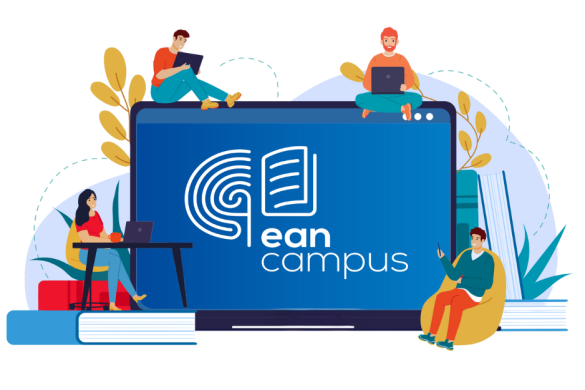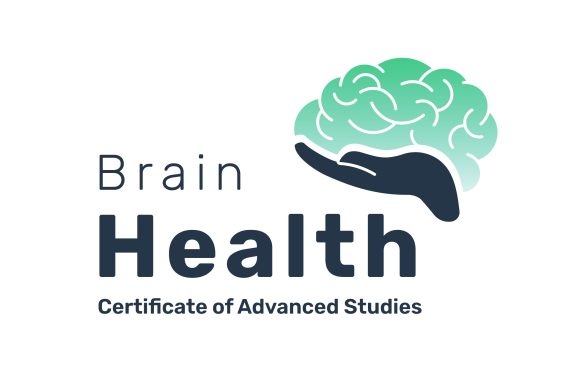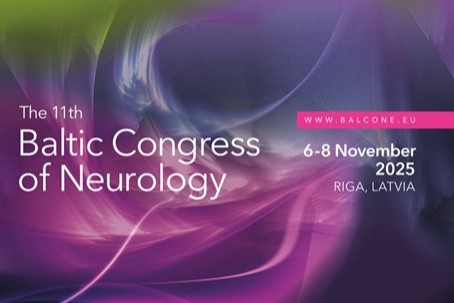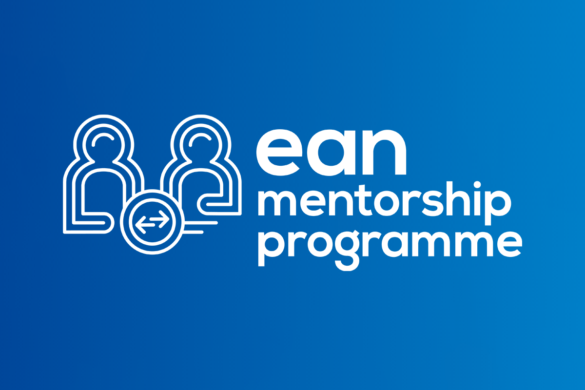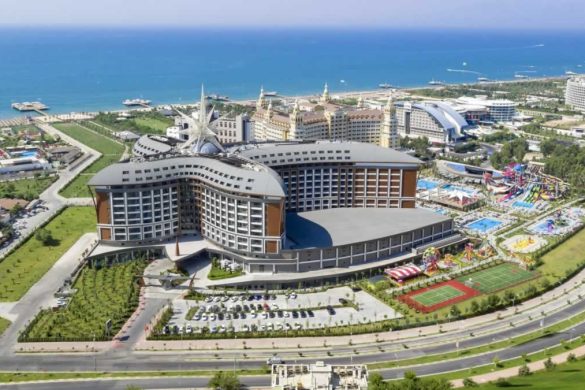by Alberto Vogrig, Udine, Italy
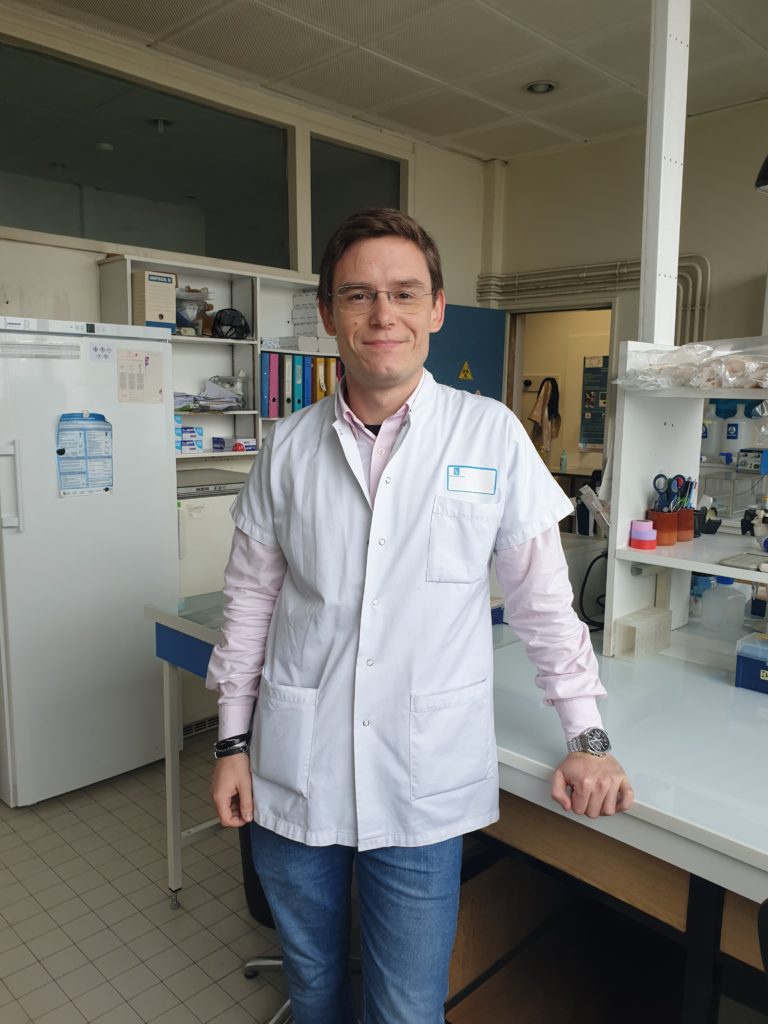
It is my great honor and privilege to have participated in the EAN Research Fellowship 2020 at the French Reference Center of Paraneoplastic Neurological Syndromes (PNS) and Autoimmune Encephalitis (AE), Lyon, France, under the supervision of Prof. Jérôme Honnorat. This Fellowship permitted me to complete an innovative research project as part of a PhD thesis, along with clinical learning and laboratory experience. My stay in Lyon was very fruitful thanks to the work, guide, and support of a unique team of excellent people that is the one of the Reference Center.
I was warmly welcomed by all, and during the Fellowship I had the opportunity to experience the competence as well as the kindness of all the members. I am particularly grateful to Professor Jérôme Honnorat because he provided me the possibility to work on one of the topics that I consider more fascinating and exciting in neurology, which is the study of PNS, from the clinical observations to the laboratory, until the inner secrets of DNA and RNA within cancer cells. Most of all, I am grateful for the scientific method he taught me, the need to always question my assumptions, and to always improve and never settle. The overarching theme of my EAN Research Fellowship project was to examine tumor specificities and cancer immunotherapy as relevant triggers of PNS, in order to improve our clinical and biological knowledge of these syndromes and the understanding on the pathophysiology of these conditions. In this regard, my stay in Lyon was very productive on a scientific standpoint, since I was able to complete several clinical studies and, most importantly, a translational research project on tumor genetic alterations in small-cell lung cancer associated with anti-GABABR and anti-Huparaneoplastic syndromes, which will be submitted soon. I also took part to the realization of the updated diagnostic criteria for paraneoplastic neurological syndromes (PMID: 34006622).
My work was organized in a way that I could combine both clinical learning and research activities. Tuesday mornings were reserved for a collegial meeting in which all the paraneplastic syndromes and encephalitis cases were discussed together with the members of the laboratory. In addition, twice per month, all the cases referred from all over France were discussed by looking at clinical features, laboratory and neuroimaging data. These meetings particularly were very useful providing me with the opportunity to discuss the diagnostic approach and therapeutic management of these cases.
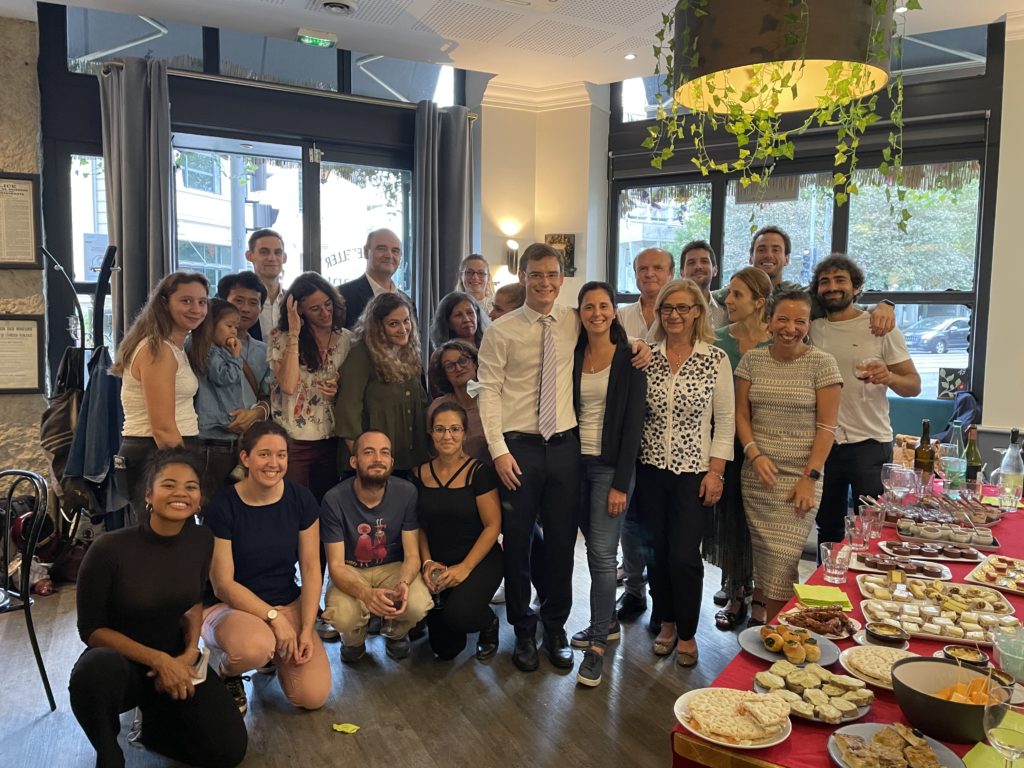
Besides the scientific work, I enjoyed the charming city of Lyon and the company of many new friends. In conclusion, I had a wonderful professional and personal experience in Lyon and I believe that my future career in Neurology will greatly benefit from this Research Fellowship. I am looking forward to future collaborations with Prof. Honnorat and his team from Lyon, which will enable me to further develop this neurological field at the Udine University Hospital. Finally, I am particularly grateful to the EAN for giving me this opportunity to be a better researcher and a better neurologist.





